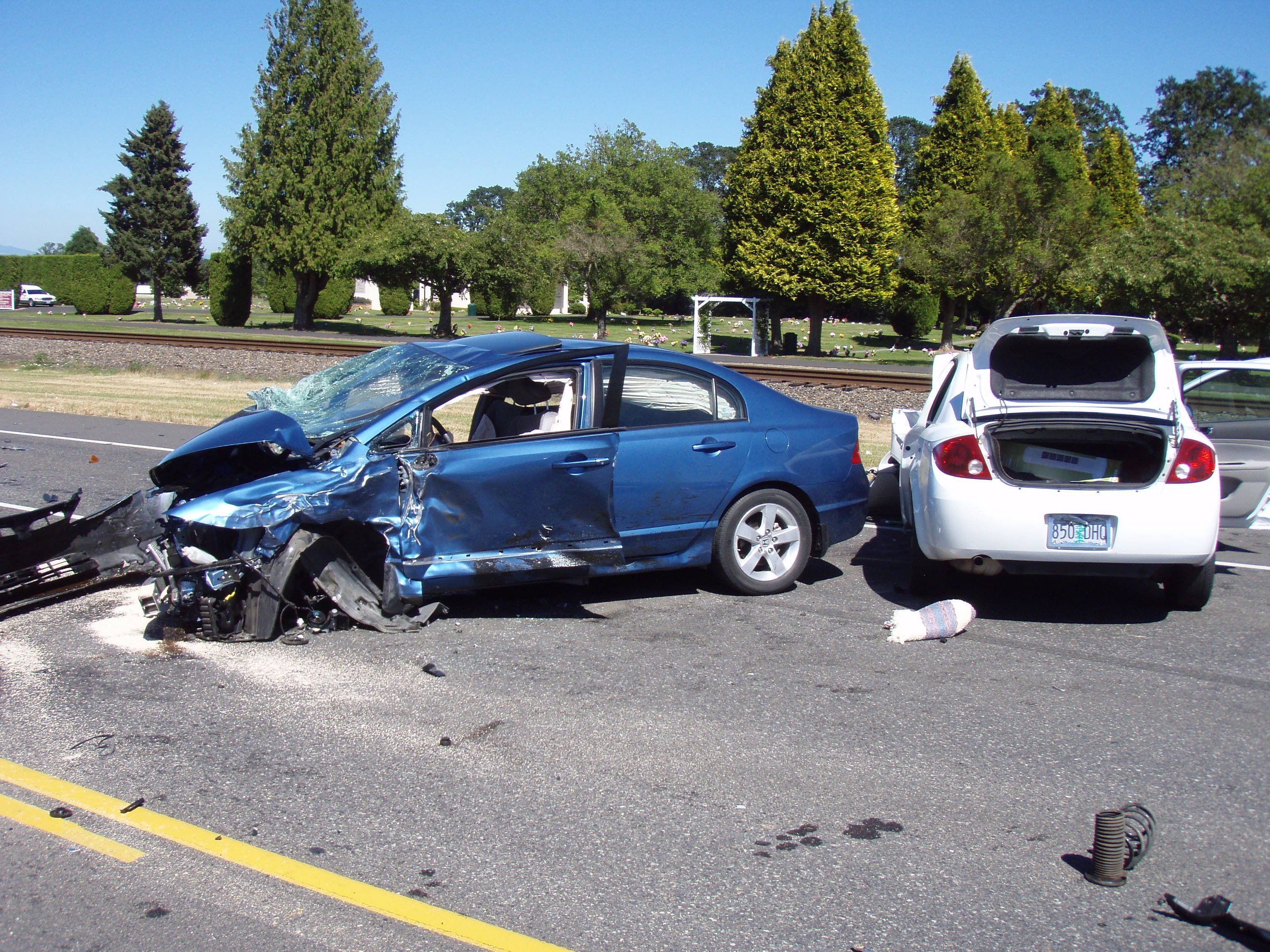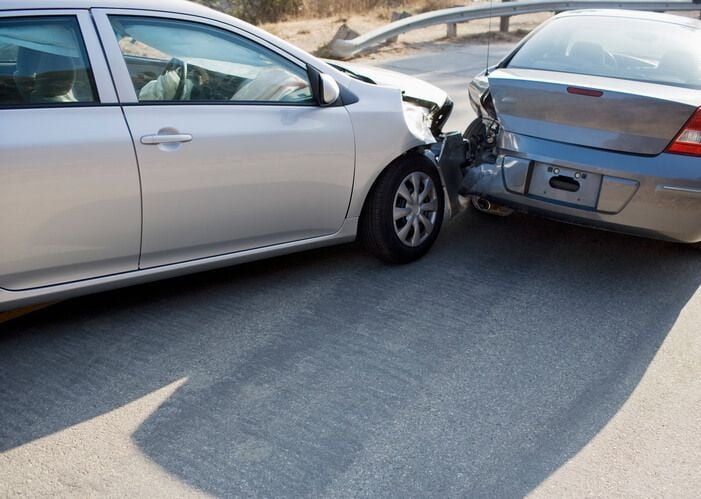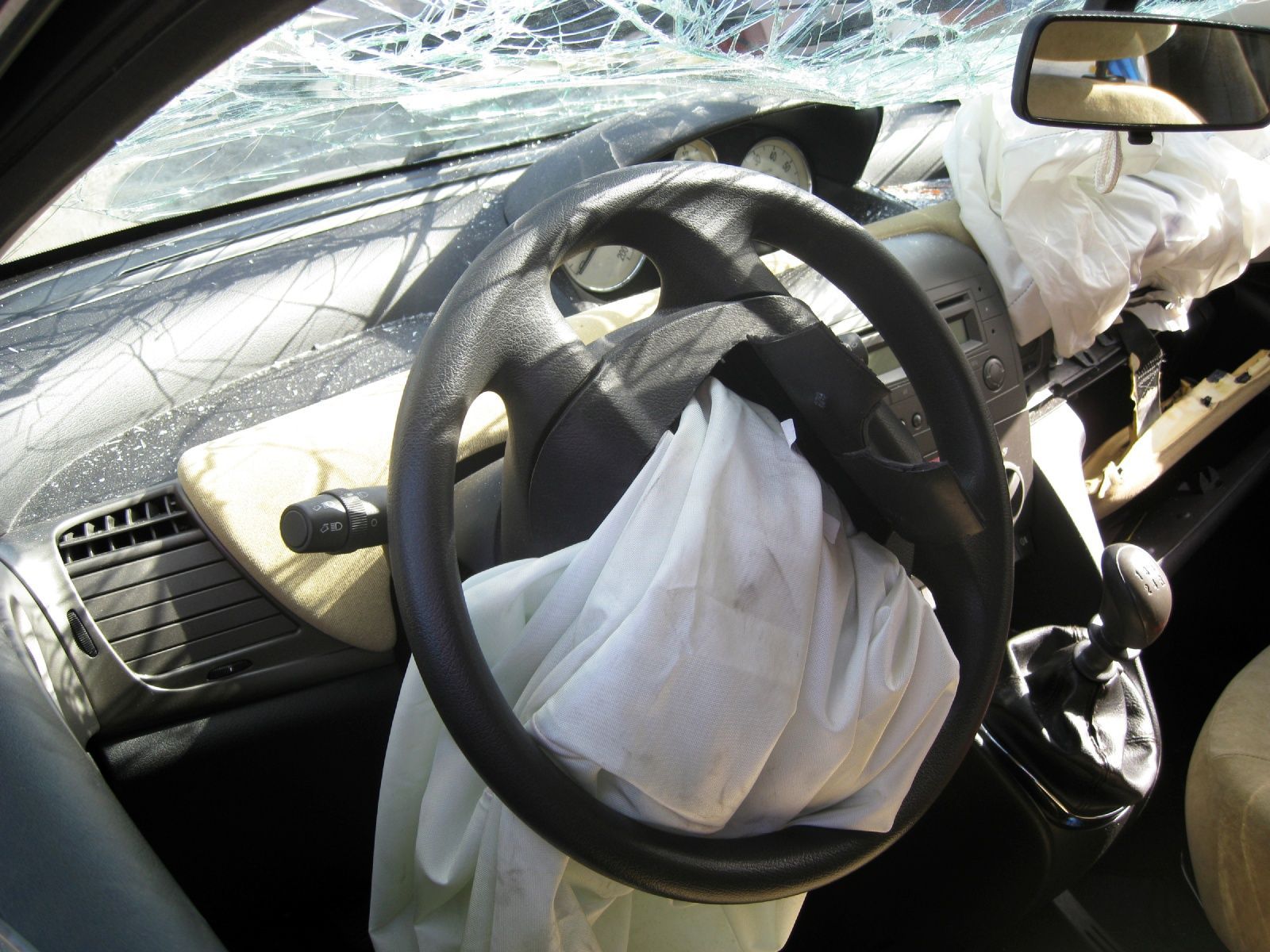What Happens To Your Body During a Car Accident?
From fatal collisions to fender benders, motor vehicle accidents involve a significant amount of force.
Accident victims will often leave the incident without noticing any immediate injuries. However, this does not mean they won't experience pain symptoms later on.
In this blog, we will discuss what chemicals are released in the human body and how they help protect and increase your survival rate during a car accident.
Related post: How to Best Support your Car Accident Claim?
Table of contents:
Understanding Survival Traits and Human Fight or Flight Physiology During and After a Car Accident
When you are driving or are a passenger in a car, the car and your body have kinetic energy.
When a sudden stop occurs, the energy from your movement is transferred to the brakes to help you stop quickly.
In a sudden car crash, this kinetic energy is released and impacts the body, which can cause injury and pain.
Often times, people will feel an extreme sense of urgency take over their body giving them the ability to react quickly to danger.
Or after a collision, you might walk away pain-free, claiming you haven't suffered any injuries and dismiss medical treatment.
Many patients report car accident injury symptoms arising 2 to 3 days after the incident and often leave a crash reporting no injuries.
It's also common for people to describe a car crash in slow motion, known as slow motion perception or an out-of-body experience.
Read More









